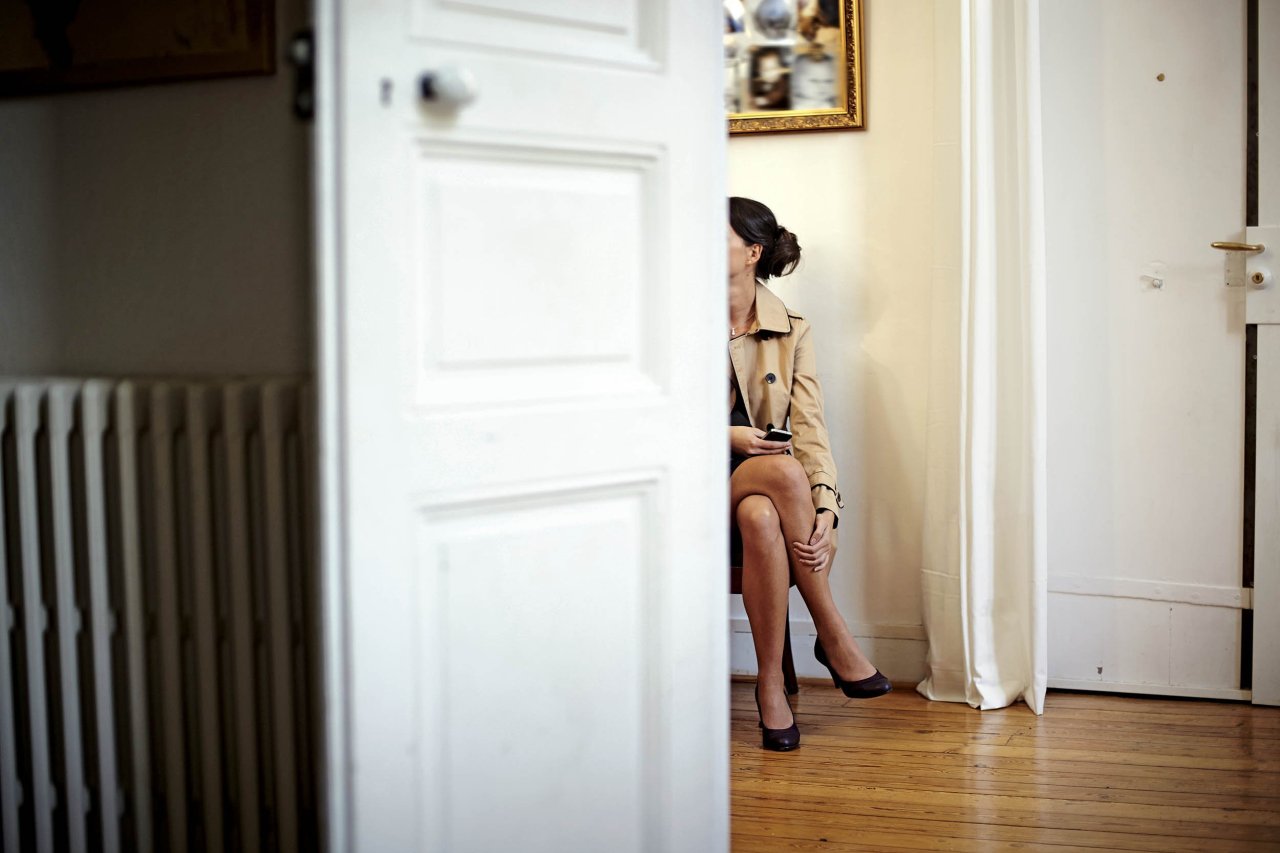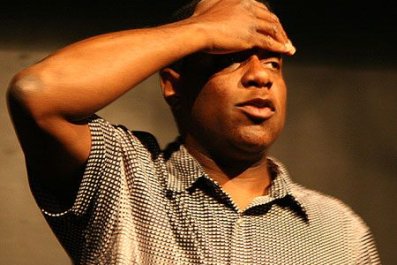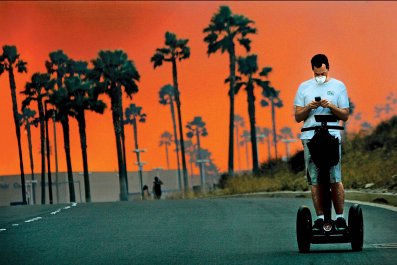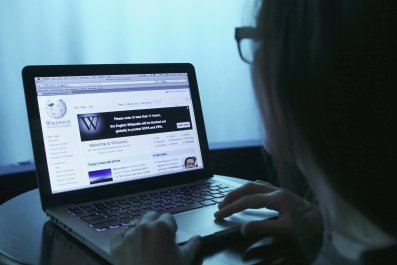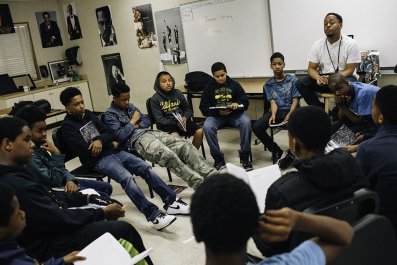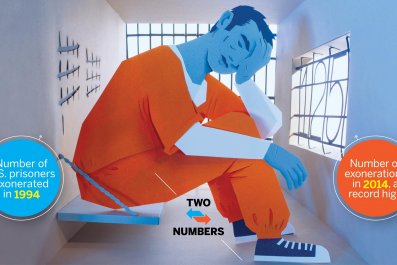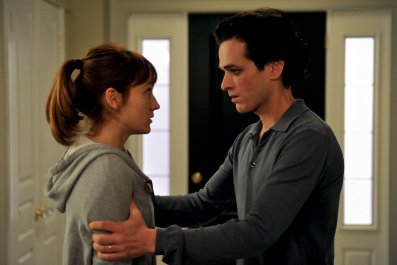Want to keep Facebook, Twitter and Google from selling your information to advertisers and handing it over to the good folks in Langley? Take a hammer and bring it down hard on the screen of your smartphone. Then do the same to your tablet, laptop and office desktop.
Now exhale. You're safe.
The word privacy is not in the Constitution, though several amendments and Supreme Court decisions mandate the government to stay out of your personal business unless it has unimpeachable reasons for intrusion. But as the Edward Snowden leaks demonstrated, the feds do covertly collect data about us, often with the complicity of high-tech and telecom corporations.
So what? Why is privacy good? Why is it so important to keep people from knowing what we are doing? We may want to hide certain activities, but do we actually need to? I can't think of a single defensible reason for placing privacy above other values, like honesty and civility.
True, a complete lack of privacy would be harmful. This I say with confidence, having been raised in the Soviet Union, a Panopticon society in which anyone could reasonably expect, at any time, that he/she was being watched. But is the opposite any better?
As the influential jurist Richard A. Posner argued in the wake of the Boston Marathon bombing, privacy is "really just a euphemism for concealment." Most of us conceal actions that, while neither immoral nor illegal, we are unwilling to own up to. I want neither the National Security Agency nor the person in the next cubicle to know that I just watched Taylor Swift's "Shake It Off" video for the 17th time in a row. Were, however, my privacy to be compromised, no serious harm would ensue.
Sometimes, such violations are necessary, because digital privacy is being used to hide the illegal behavior of terrorists, pedophiles or drug dealers. Invading privacy to maintain the public welfare is the government holding up its end of the social contract, ensuring that the privacy of a few is not allowed to compromise the life and liberty of many.
Privacy's handmaiden, anonymity, can be used for relatively harmless activities: visiting Pornhub, for example, or posting a nasty comment to a news story about Scott Walker without having to reveal that you are head of the Palookaville GOP. But some kinds of anonymity are harmful. Let's say a female academic is harassed by Twitter trolls who threaten to rape and kill her (remember Gamergate?): Twitter may have no legal obligation to reveal the trolls' identities, but doesn't it have a moral one?
Sometimes the balance between privacy and openness is going to lurch too far in some direction. However, it seems impossible to have an open society in which everyone is always wearing masks, in which our actions carry no consequences.
There is, finally, the issue of implied consent. When you get into a car, you're aware that a police officer with a radar gun might clock you going above the speed limit. Similarly, any user of Google has to expect that his/her information will be used for commercial gain. After all, Facebook's $200 billion valuation isn't a tribute to its egalitarian spirit. You enter a contract and pay your end.
None of this is to say that the expectation of privacy is misguided. But when privacy and anonymity are used to evade responsibility, the Internet curdles from a libertarian dream into an anarchic nightmare. Some privacy is crucial. Total privacy is a dangerous delusion.



